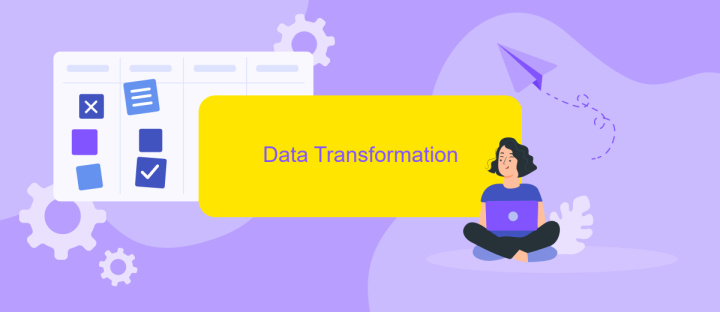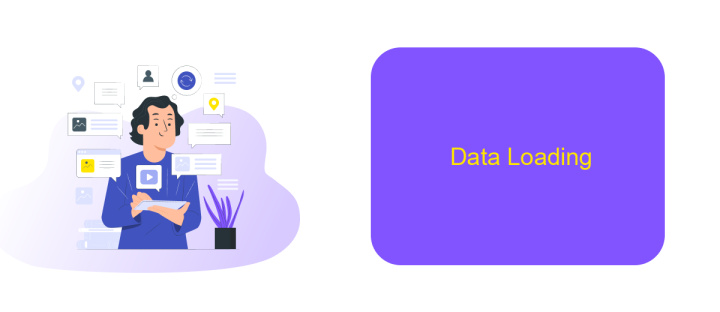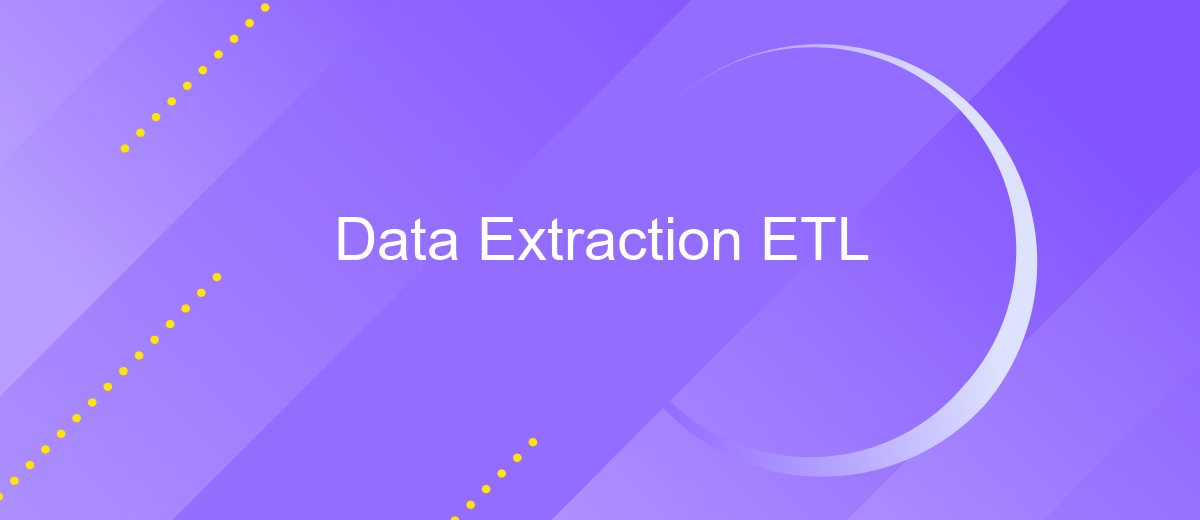Data Extraction ETL
Data extraction is a crucial step in the ETL (Extract, Transform, Load) process, which involves retrieving raw data from various sources for further processing and analysis. This initial phase sets the foundation for transforming and loading data into a centralized database or data warehouse, enabling businesses to gain valuable insights and make informed decisions. Understanding effective data extraction techniques is essential for optimizing ETL workflows.
Introduction
Data extraction, transformation, and loading (ETL) is a critical process in the realm of data management and analytics. ETL involves extracting data from various sources, transforming it into a suitable format, and loading it into a destination system for analysis and reporting. This process ensures that data is accurate, consistent, and ready for business intelligence tasks.
- Extraction: Collecting data from multiple sources such as databases, APIs, and flat files.
- Transformation: Converting data into a usable format, including cleansing, aggregating, and enriching.
- Loading: Inserting the transformed data into a target system, such as a data warehouse or data lake.
Modern ETL tools and services, like ApiX-Drive, streamline the integration process by automating data workflows and ensuring seamless data transfer between systems. By leveraging such tools, businesses can improve efficiency, reduce errors, and gain timely insights from their data. ApiX-Drive, for instance, offers a user-friendly interface and robust features to connect various applications, making it easier to manage and synchronize data across platforms.
Data Extraction

Data extraction is a crucial step in the ETL (Extract, Transform, Load) process, involving the retrieval of data from various sources such as databases, APIs, and flat files. The primary goal is to gather data in its raw form to prepare it for subsequent transformation and loading into a data warehouse. This step requires careful planning to ensure data is accurately and efficiently extracted without disrupting the source systems.
Modern tools and services, like ApiX-Drive, facilitate seamless data extraction by providing pre-built integrations with numerous data sources. ApiX-Drive allows users to automate data collection from APIs, databases, and other platforms, reducing manual effort and minimizing errors. By leveraging such services, organizations can streamline their ETL processes, ensuring timely and consistent data availability for analysis and decision-making.
Data Transformation

Data transformation is a crucial step in the ETL (Extract, Transform, Load) process, where raw data is converted into a format suitable for analysis. This involves cleaning, structuring, and enriching the data to ensure its quality and relevance. The transformation phase can include a variety of operations, such as filtering out unnecessary information, aggregating data, and converting data types.
- Data Cleaning: Removing duplicates, correcting errors, and handling missing values.
- Data Integration: Combining data from different sources to provide a unified view.
- Data Aggregation: Summarizing data to provide insights at a higher level.
- Data Enrichment: Adding additional information to enhance the dataset.
- Data Normalization: Standardizing data formats for consistency.
Tools like ApiX-Drive can significantly streamline the data transformation process by automating the integration of various data sources. With its user-friendly interface and robust features, ApiX-Drive allows businesses to set up complex data workflows without the need for extensive coding. This ensures that the transformed data is accurate, timely, and ready for analysis, ultimately leading to more informed decision-making.
Data Loading

Data loading is a crucial step in the ETL process, where the transformed data is loaded into the target data warehouse or database. This step ensures that data is made available for analysis, reporting, and further processing. Efficient data loading requires careful planning and execution to maintain data integrity and performance.
There are several methods to load data, including bulk loading and incremental loading. Bulk loading is used for loading large volumes of data at once, while incremental loading updates the data warehouse with only new or changed data. Choosing the right method depends on the specific requirements and constraints of your ETL pipeline.
- Bulk Loading: Suitable for initial loads or large datasets.
- Incremental Loading: Ideal for regular updates with minimal data changes.
- Real-Time Loading: Ensures data is continuously updated, often using streaming technologies.
For seamless integration and automation of data loading processes, tools like ApiX-Drive can be highly beneficial. ApiX-Drive allows you to set up integrations with various data sources and destinations, automating the data loading process and ensuring data is always up-to-date without manual intervention.
Conclusion
In conclusion, data extraction is a crucial step in the ETL process, enabling organizations to gather and prepare data for analysis and decision-making. Effective data extraction ensures that the right data is collected from various sources, maintaining its integrity and accuracy. As businesses continue to grow and handle more complex data, the importance of robust ETL processes cannot be overstated.
To streamline and optimize data extraction, leveraging integration services like ApiX-Drive can be highly beneficial. ApiX-Drive facilitates seamless data integration between various platforms, automating the data extraction process and reducing manual efforts. By utilizing such services, organizations can enhance their ETL workflows, ensuring timely and accurate data availability for critical business operations. Ultimately, investing in efficient data extraction tools and practices is key to unlocking the full potential of organizational data.
FAQ
What is ETL in data extraction?
Why is data extraction important in ETL?
What are some common challenges in data extraction?
How can I automate the ETL process?
What should I consider when choosing an ETL tool?
Routine tasks take a lot of time from employees? Do they burn out, do not have enough working day for the main duties and important things? Do you understand that the only way out of this situation in modern realities is automation? Try Apix-Drive for free and make sure that the online connector in 5 minutes of setting up integration will remove a significant part of the routine from your life and free up time for you and your employees.

